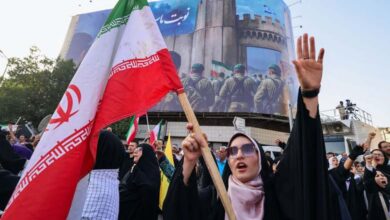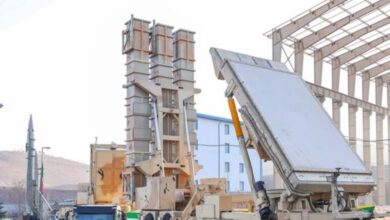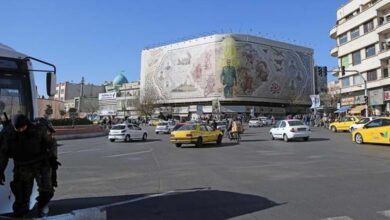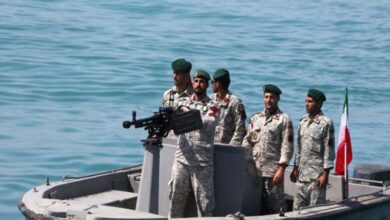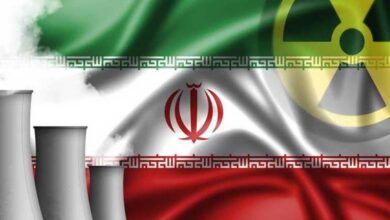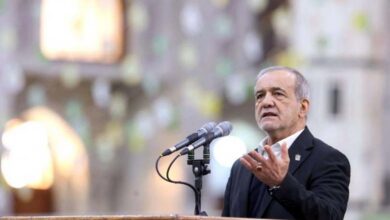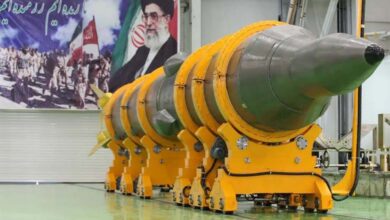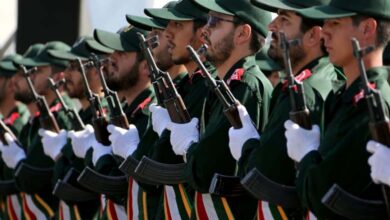Iran is leveraging the French protests to accuse Paris of suppressing the demonstrators
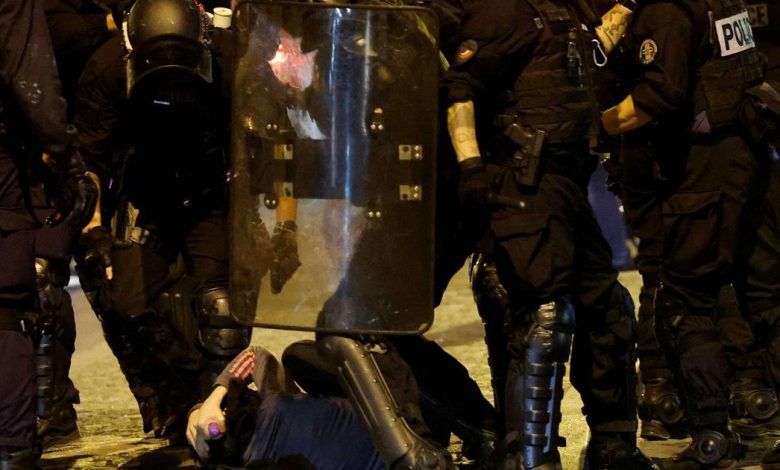
On Sunday, Iran accused France of “violent handling” of the protests that erupted following the killing of a French youth by a police officer. Iran called on France to exercise restraint in the face of the riots, seemingly as a message directed at Paris, which had previously criticized the Iranian regime for suppressing protests in the Islamic Republic after the death of Mahsa Amini.
Nasser Kanaani, the spokesperson for Iran’s Foreign Ministry, stated that the French government should respect principles of human dignity, freedom of expression, and the right to peaceful protest for its citizens. Iran called on the French government and police to exercise self-restraint, reject violence, and pay attention to the demands of the protesters.
Kanaani also pointed out that the mistreatment, discrimination, and mishandling of immigrants by some European countries, including France, have created unfavorable conditions for European citizens. He advised Iranian citizens to avoid unnecessary travel to France due to the current tense situation.
France has been witnessing widespread riots following the killing of a 17-year-old named Nael by a police officer in the Nanterre suburb of western Paris. The French Ministry of Interior has made numerous arrests in connection with acts of rioting, theft, looting, and arson of public and private property. A significant number of police and gendarmes have been deployed to restore calm and maintain security in the streets.
The Iranian media has paid significant attention to these events, providing extensive coverage of the riots that have affected major cities and their suburbs.
Previously, Paris strongly criticized the Iranian authorities for suppressing protests that erupted in September after the death of Mahsa Amini, who was detained by the morality police in Tehran for not adhering to the strict dress rules in the Islamic Republic.
According to Iranian authorities, the protests, which have significantly subsided in recent months, were mostly acts of rioting supported by external parties. The protests resulted in hundreds of deaths, including security forces, and the Iranian authorities have made thousands of arrests.
In October, the Iranian Foreign Ministry condemned French President Emmanuel Macron’s statements supporting the protests, considering them as political, interventionist accusations that encourage violence and violate the law.
Iran had called on Paris to avoid violence and listen to the protesters during the protests that broke out in France in March after the approval of a pension reform law. The Iranian Foreign Ministry spokesperson reminded the French government of the criticisms leveled by Tehran at Paris during the demonstrations that shook the country.
In a related context, thousands of members of the Iranian opposition movement staged a rally in Paris on Saturday, with many carrying the former Iranian flag from the time of the Shah. They protested against the regime in Tehran, with support particularly from former U.S. Vice President Mike Pence.
Protesters came from various parts of Europe, as evidenced by buses displaying signs from Germany, Poland, and Scandinavian countries with slogans such as “Free Iran.” This rally was in response to the call of the National Council of Resistance of Iran, one of the prominent opposition organizations outside Iran.
Simultaneously, the National Council of Resistance, the political front of the People’s Mujahedin of Iran, which is considered “terrorist” by Tehran, held a meeting in the Ofer-sur-Oise suburb (north of Paris). The event was attended by former British Prime Minister Theresa May and former U.S. Secretary of State Mike Pompeo.


